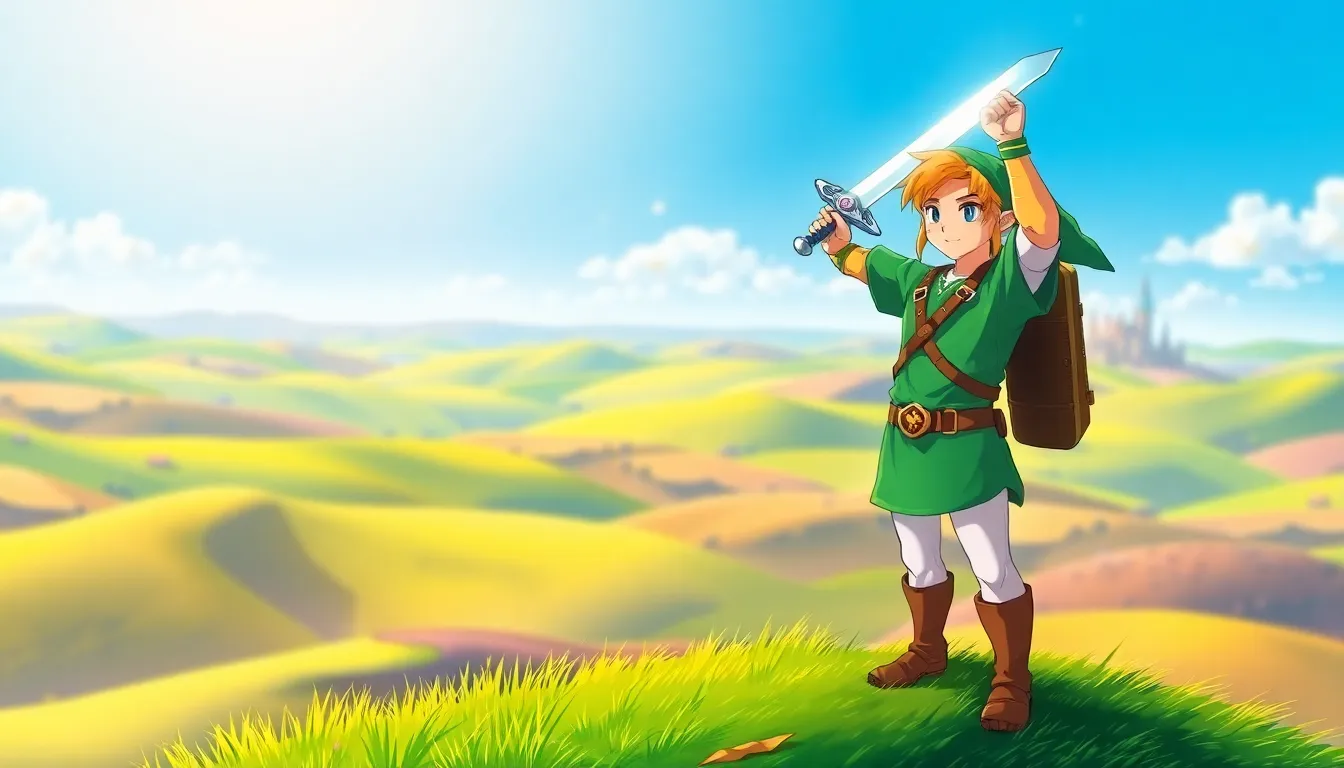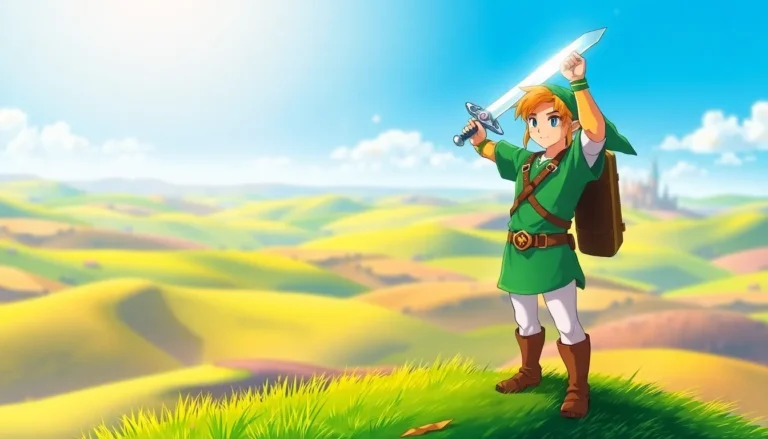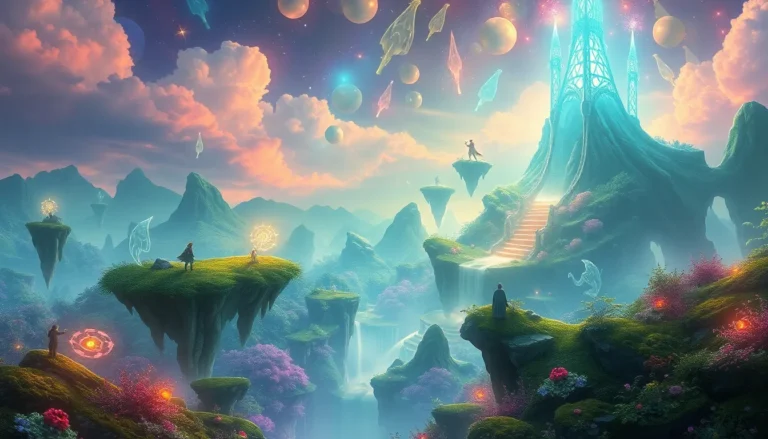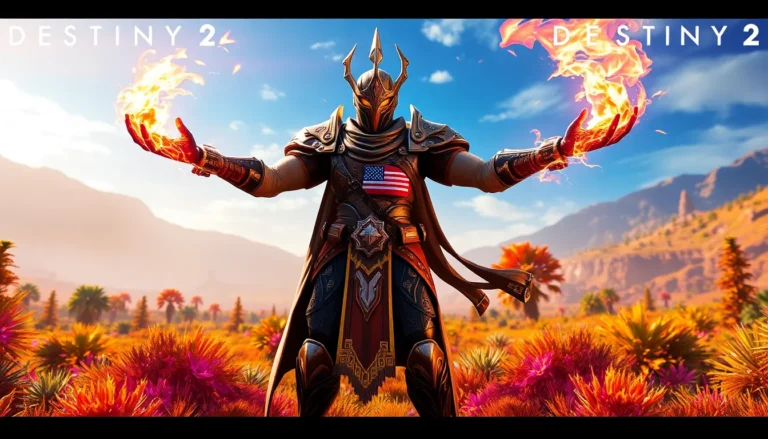Table of Contents
ToggleThe Legend of Zelda series has captivated gamers for decades, whisking them away to the enchanting land of Hyrule. With its rich lore and unforgettable characters, it’s no wonder fans argue about which game deserves the crown. Is it the nostalgic charm of the original or the breathtaking landscapes of Breath of the Wild?
Overview of Zelda Games
The Legend of Zelda series launched in 1986 with its self-titled game, which introduced players to Hyrule and Link’s quest to rescue Princess Zelda. Players appreciated the mix of adventure, puzzle-solving, and exploration. Several sequels followed, each adding new mechanics and expanding the lore, further immersing gamers in this captivating universe.
A notable entry, Ocarina of Time, debuted in 1998. It redefined the action-adventure genre with 3D graphics and real-time combat. Critics and fans often cite it as one of the greatest video games of all time, setting a high standard for future titles.
Majora’s Mask, which arrived in 2000, distinguishes itself with its darker tone and time-based gameplay. Players navigate a repeating three-day cycle, adding layers of strategy and urgency. This unique premise garnered a dedicated fanbase.
The GameCube’s Wind Waker presented a bold art style featuring cel-shaded graphics, leading to mixed initial reactions. Nevertheless, its open-world exploration and engaging sailing mechanics earned it a place among fan favorites.
Skyward Sword, released in 2011, utilized motion controls to offer a more interactive experience. The game provided crucial backstory to the series’ timeline, linking Zelda’s origins to existing lore, which intrigued long-time fans.
Breath of the Wild revolutionized the franchise in 2017 by introducing an expansive open-world environment, where players could approach challenges in multiple ways. Its innovative gameplay mechanics emphasized exploration and freedom, making it a benchmark for future action-adventure games.
Each entry in the series contributes a unique aspect that enriches the overarching storyline, creating a diverse library of experiences that resonate with gamers across generations.
Criteria for Ranking
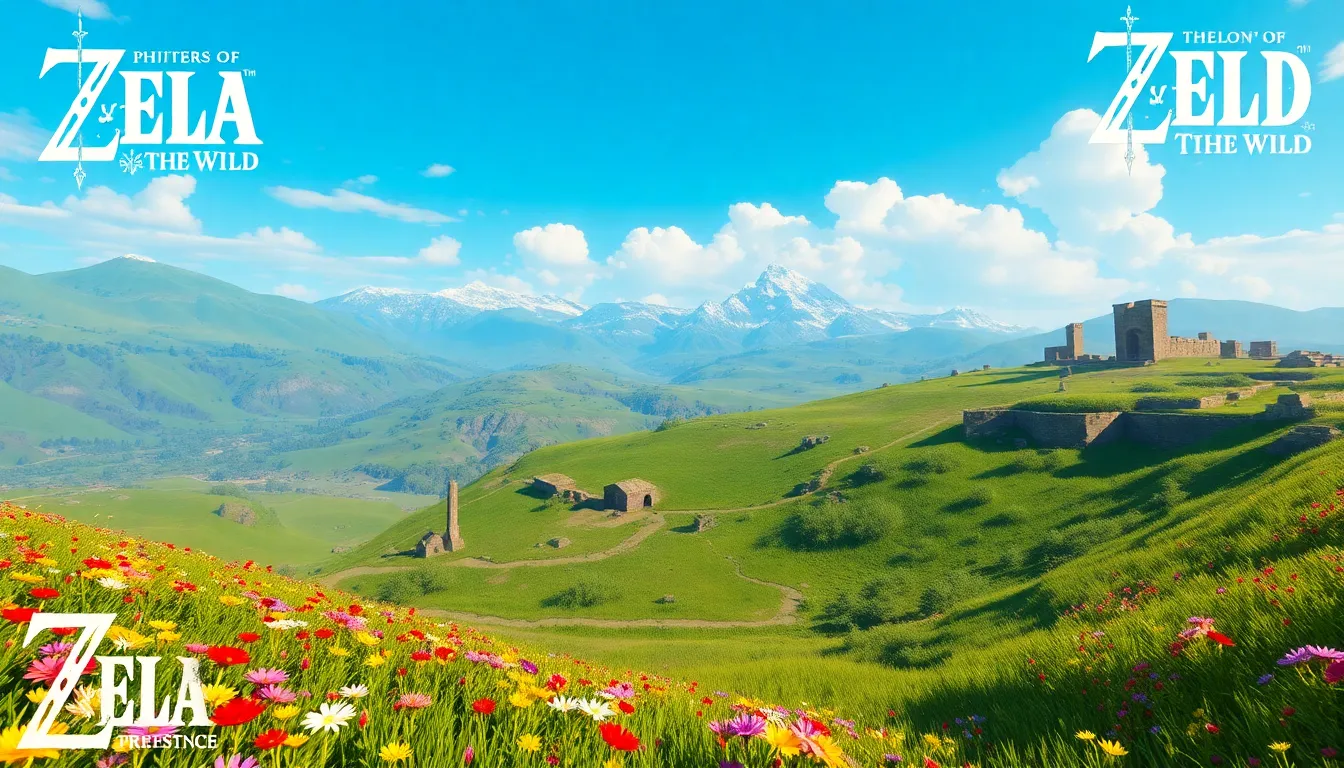
Ranking the Zelda games involves evaluating various factors that contribute to their overall success and player satisfaction. The following criteria are essential for this assessment.
Gameplay Mechanics
Gameplay mechanics play a crucial role in defining the player’s experience. Innovative controls and fluid movement enhance immersion. Mechanics from titles like Breath of the Wild offer unprecedented freedom through exploration and puzzle-solving. Challenge levels vary, with some games emphasizing combat, while others focus on navigation and creativity. Manual interactions and item utilization deepen engagement, highlighting the uniqueness of each installment.
Story and Narrative
Story and narrative significantly impact players’ emotional connection to the game. Captivating plots often keep fans invested long after gameplay. Titles such as Ocarina of Time captivate audiences with epic journeys and memorable characters. Themes like friendship, courage, and sacrifice resonate well throughout the series. Narrative depth, including lore and world-building, shapes players’ understanding of Hyrule and enhances the legacy of each game.
Visual Aesthetics
Visual aesthetics also influence rankings among the Zelda series. Artistic choices evoke specific feelings and atmospheres. From the cel-shaded style of Wind Waker to the realistic graphics of Breath of the Wild, visuals showcase innovation and creativity. Environments engage players, immersing them in vibrant worlds. Attention to detail in character designs and landscapes enriches the overall experience, solidifying the franchise’s reputation for stunning artistry.
Top Zelda Games Ranked
The Legend of Zelda series showcases a range of beloved titles. Each game adds unique elements to the franchise, appealing to fans and newcomers alike.
Rank 1: The Legend of Zelda: Breath of the Wild
Breath of the Wild stands as a groundbreaking entry in the franchise. It introduces an expansive open world where players experience unparalleled freedom. Exploration thrives, with diverse landscapes and intricate puzzles. Stunning visuals celebrate the beauty of Hyrule, captivating players from the start. Innovative gameplay mechanics, such as physics-based interactions, enrich the adventure. Emotional connections form through engaging narratives and relatable characters. This game redefined what an action-adventure game can be.
Rank 2: The Legend of Zelda: Ocarina of Time
Ocarina of Time set a new benchmark for 3D games upon its release. It features a captivating story that intertwines friendship, courage, and sacrifice. Iconic gameplay mechanics like time travel enhance the experience. Players cherish the memorable temple designs and challenging dungeons. The game’s soundtrack and emotional depth leave a lasting impact. Characters like Navi and Ganondorf become unforgettable staples of the series. Ocarina of Time remains a defining moment in gaming history.
Rank 3: The Legend of Zelda: A Link to the Past
A Link to the Past revitalized the franchise with its top-down perspective. Players navigate a richly detailed world filled with secrets and items. Engaging gameplay mechanics, such as switching between worlds, deepen the experience. Timeless elements, including iconic weapons and character upgrades, enhance exploration. The gripping narrative captivates players, showcasing the perpetual battle between good and evil. This entry lays the foundation for future Zelda games, influencing countless titles since its release. A Link to the Past continues to resonate with gamers of all ages.
Honorable Mentions
Several Zelda titles, while not topping the rankings, deserve recognition for their distinct qualities. First, Twilight Princess stands out with its darker narrative and mature themes, offering a different tone from previous entries. Engaging gameplay mechanics, including the ability to transform into a wolf, added layers to the experience.
Another noteworthy mention is Link’s Awakening, known for its charming art style and unique dream-like storyline. This title introduced players to a whimsical portrayal of Hyrule and a variety of innovative puzzles. Players cherish its nostalgic feel, enhanced by a memorable cast of characters.
Four Swords Adventures also deserves a spot in honorable mentions. This multiplayer-focused title invites friends to collaborate in solving puzzles and battling enemies. The ability to control multiple Links simultaneously provides a unique twist on traditional gameplay.
Spirit Tracks brings another fresh perspective with its train mechanic. The incorporation of touch controls creates a new way to explore the land of Hyrule. Players enjoy utilizing the train system to navigate between areas while engaging in various puzzles.
Majora’s Mask captivates gamers with its unique time mechanics. Players navigate a repeating three-day cycle, adding urgency and challenge to the adventure. The emotional depth and character development within the game create a compelling narrative that resonates with fans.
These honorable mentions highlight the series’ diversity, showcasing innovative mechanics, artistic styles, and compelling stories. Each title contributes to the rich tapestry that is The Legend of Zelda, ensuring its legacy continues to thrive.
The Legend of Zelda series stands as a testament to the evolution of video games. Each title offers a unique experience that resonates deeply with players. From the nostalgic charm of early games to the groundbreaking innovations of Breath of the Wild, the franchise continues to captivate new generations.
Ranking these games highlights not just their gameplay and story but also the emotional connections forged over the years. With each release, the series pushes boundaries and redefines adventure in gaming. The ongoing discussions among fans ensure that the legacy of Zelda remains vibrant and engaging. As they explore Hyrule and its myriad challenges, players will always find something new to love in this iconic franchise.

